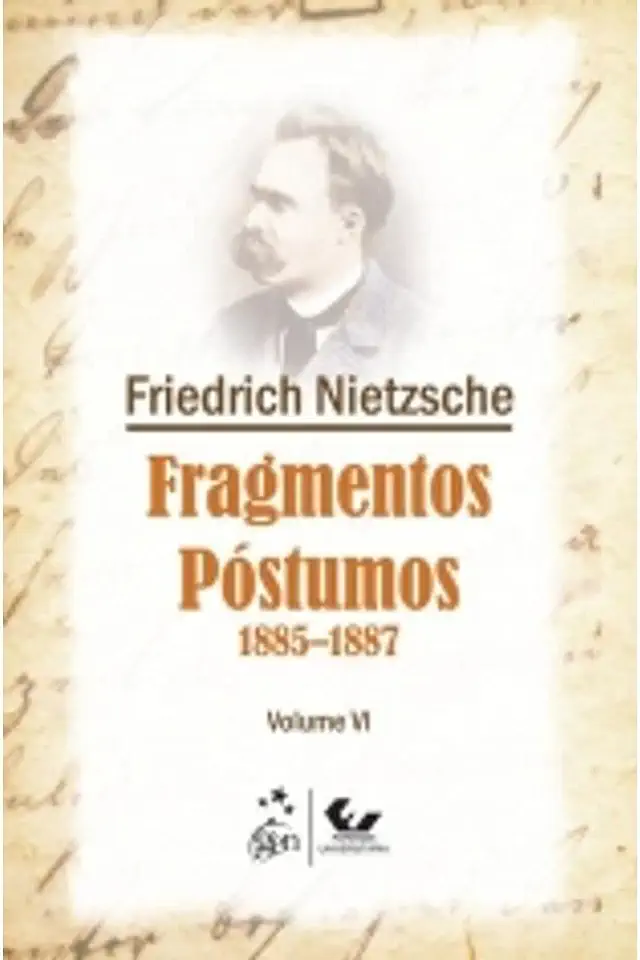
Posthumous Fragments 1885-1887 - Volume VI - Friedrich Nietzsche
Posthumous Fragments 1885-1887 - Volume VI - Friedrich Nietzsche
In this sixth volume of Friedrich Nietzsche's posthumous fragments, we find the philosopher at a critical juncture in his intellectual development. Written during the years 1885-1887, these fragments offer a glimpse into Nietzsche's evolving thoughts on a wide range of topics, including morality, religion, art, and the nature of human existence.
Nietzsche's Critique of Morality
One of the central themes of this volume is Nietzsche's critique of traditional morality. Nietzsche argues that morality, as it is commonly understood, is a product of slave morality, a system of values that values meekness, humility, and obedience. Nietzsche contends that this type of morality is harmful to the individual, as it stifles creativity and individuality.
The Will to Power
In contrast to slave morality, Nietzsche proposes a new morality based on the will to power. The will to power is the driving force behind all human action, and it is what gives life meaning and purpose. Nietzsche argues that individuals should embrace their will to power and strive to become Übermenschen, or "overmen." Übermenschen are individuals who have overcome the constraints of traditional morality and have achieved a state of self-actualization.
The Death of God
Another important theme in this volume is Nietzsche's declaration of the death of God. Nietzsche argues that the Christian God is a product of human imagination, and that his death is a necessary precondition for the rise of the Übermensch. The death of God means that there is no longer any external source of morality or meaning, and that individuals must create their own values and meaning in life.
The Eternal Recurrence
One of the most challenging and controversial ideas in this volume is Nietzsche's concept of the eternal recurrence. The eternal recurrence is the idea that the universe is cyclical, and that all events will repeat themselves eternally. Nietzsche argues that the eternal recurrence is a necessary consequence of the will to power, and that it is the ultimate test of an individual's strength and courage.
Conclusion
Posthumous Fragments 1885-1887 is a challenging and provocative work that offers a unique perspective on Nietzsche's philosophy. This volume is essential reading for anyone interested in Nietzsche's thought, and it is sure to challenge and inspire readers of all backgrounds.
Why You Should Read Posthumous Fragments 1885-1887
If you are interested in philosophy, psychology, or the history of ideas, then Posthumous Fragments 1885-1887 is a must-read. This volume offers a unique glimpse into the mind of one of the most influential thinkers of the modern era. Nietzsche's ideas are challenging and provocative, but they are also deeply rewarding. If you are willing to engage with Nietzsche's thought, you will be rewarded with a new understanding of the human condition.
Order Your Copy Today!
Posthumous Fragments 1885-1887 is available now from all major book retailers. Order your copy today and start your journey into the mind of Friedrich Nietzsche.